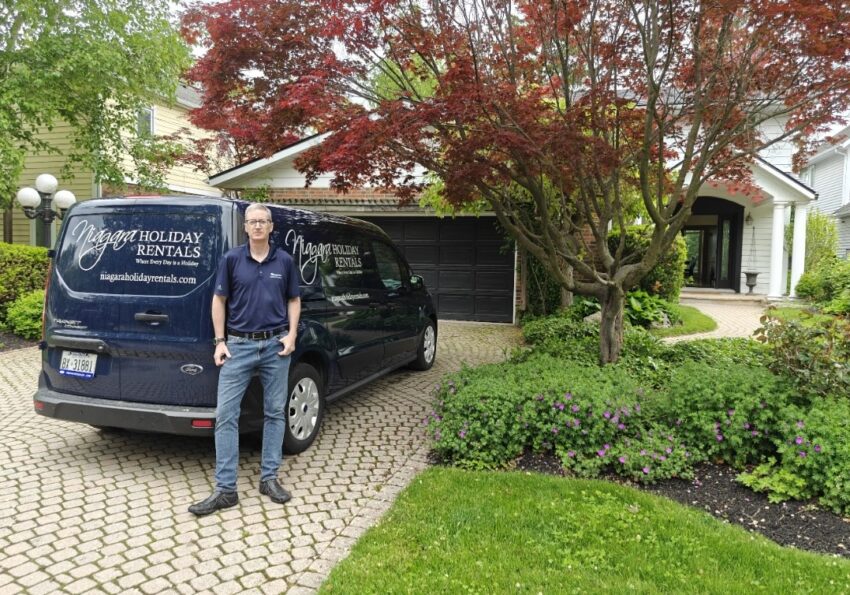After a varied mix of opinions was shared with councillors on Tuesday night about potential changes to the town’s short-term rental bylaw, it was agreed that more information should be gathered by stakeholders from the industry.
Council did approve recommendations to limit cottage rental and villa licenses to the existing 231 properties that operate as such, with no new licences issued to replace those that expire. But they are leaving the door open to a further conversation before a final approval.
Council also directed staff to meet with stakeholders to discuss density limits and villa and cottage rental numbers, and how many should be allowed.
Earlier this month, council discussed the bylaw and how it relates to enforcement, as well as an increase in the minimum number of years that must have passed since original occupancy to make properties eligible for a licence, moving from four to eight.
Special events such as weddings not being permitted on short-term rental properties was also part of the discussion in mid-May.
A moratorium enacted last December on new licences for short-term rentals remains in place as the bylaw has yet to receive final approval.
At that time, council directed staff to review what an appropriate limit for short-term rentals across the town should be, including whether maximums should be applied to each urban area, and that staff report back with suggestions on potential limits.
As well, council expressed late last year a desire to take a proactive approach to returning properties to long-term housing options.
Fire chief Jay Plato, who is also the staff lead on the short-term rental file at the municipality, said a cap at 231 likely should not be increased if it’s the town’s goal to eventually see STR properties return to the long-term market.
Having input from the industry on density limits in different parts of town came as a result of a motion brought forward by Coun. Wendy Cheropita.
She was referring to the six people who gave delegations at Tuesday’s council meeting.
Having no cap was a suggestion made by Jason Clements from Niagara Holiday Rentals, a local company that represents 28 properties in town.
He said there is not enough “local data” to prove a maximum of 231 cottages and villas is reasonable. Short-term rental accommodations provide many benefits to the local economy, he added.
Clements also noted that his operation does not take on clients who have pools.
Erica Lepp from Rentals Niagara said cottage and villa rentals are essential, and provide an “inclusive” and “affordable alternative to hotels.”
If the number were to gradually shrink due to a policy of not renewing licences as they expire, this would eventually divert visitors to other places outside of Niagara-on-the-Lake, she said.
Noise complaints have been an ongoing topic with this issue, but she said the properties under her management company’s umbrella don’t tolerate “partygoers.”
Penalties being handed to STRs who continue to generate complaints is a step in the right direction, not a “broad policy change,” she said.
Plato agreed that staff can meet with stakeholders to further discuss density limits and a total number of licences.
According to the staff report presented to council, there are a total of 399 STRs in town, 210 of them cottages, and 21 classified as villas.
There are three other categories considered STRs: bed and breakfasts, vacation apartments, and country inns.
Of the 399 total STRs, 230 are located in Old Town.
Further information from the meeting can be found in coverage reported by Niagara Now, Residents debate more restrictions on vacation rentals in town; and by Niagara Advance, Short-term rental bylaw to engage Niagara-on-the-Lake stakeholders.
.

